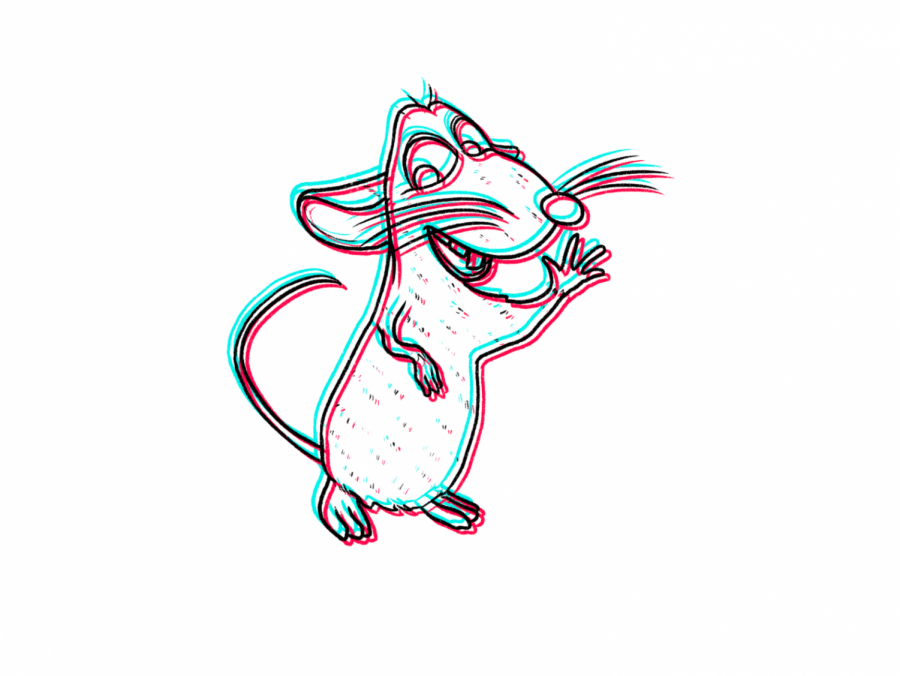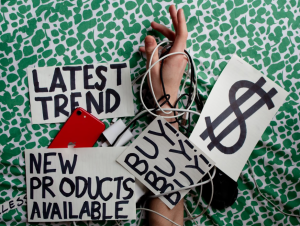“Ratatouille: A TikTok Musical” Raises Over $1 Million for Actors
January 28, 2021
Beginning in October, a variety of TikTok creators created elements of a musical that didn’t exist yet: a show based on Pixar’s Ratatouille, an animated film about a French rat with culinary dreams. In videos no longer than 60 seconds, TikTok creators contributed original dances, songs, set designs, puppets, and playbill programs inspired by the 2007 Disney Pixar animated film. Without any leadership from Broadway, the online musical materialized organically from a crowdsourced jumble of content.
It was a show conceived like no other. became a feature-length theatrical production with professional performances, choreography, and stage direction. The famous actor Tituss Burgess stars as Remy the rat, and Tony Award recipients such as André De Shields and Priscilla Lopez are featured in the show as well.
On Friday January 1st at 7:00pm Eastern time, Ratatouille: The TikTok Musical commenced as a virtual benefit performance. About 350,000 tickets have already been sold for the pre-filmed show, put on by Seaview Productions to raise money for the Actors Fund. It will be available to stream for 72 hours post release, with an encore performance set for the Sunday following release. The estimated profit totals reach north of one million dollars, a much needed sum to help struggling actors who have lost their jobs to the pandemic.
The philanthropic aspect of this musical is heartwarming, and the fact that it grew out of thin air was outstanding, but what is by far most interesting is the evidence of the power of social media. Social media is critically impactful on the world, from culture to politics, its effects can be positive and at times, very negative. In the words of Elijah Sippel ’22, “During the COVID quarantine, social media has kept us connected despite physical isolation and has been a steady stream of “normalcy” when everything else in the world feels anything but normal.” It is unquestionable that the ongoing pandemic has flipped students’ social lives upside down, and it is important to recognize the positive impact social media has there. Moreover, Masato Hall ’23 adds that, “Activities we can do in the real world are very restricted, so a lot of people, including myself, are compensating for that through social media.” Finally, an interesting, and perhaps key component to the Ratatouille: The TikTok Musical, is brought up by Cherace Lin ’23, who claims, “[Social media] allows for people to monetize themselves, and has created an immense amount of jobs and opportunities that would not have existed without it.”
Nevertheless, it is important to note that social media has, and continues to have, quite a few cons. Lin notes that “social media has been a vehicle for bigotry, conspiracies, and misinformation.” Sippel adds, “[It] can make the world feel hopeless.” Specifically, media like TikTok, whose algorithms favor white-centric, able-bodied beauty contributes to a whitewashing of culture, and reality.
In the middle of this debate on social media comes TikTok and its variety of creators. Many of these creators are aspiring for a project that would be impossible without social media; a musical filmed completely separate from a company and spurred from individual creator’s submissions. In the early days of the TikTok explosion, the app was written off for being a place where teenagers made fools of themselves for the world to see. Nonetheless, as put by Sippel, “The achievement of the Ratatouille musical is evidence of the fact that the platform has developed some maturity over the past couple of years.” Such success really is at the heart of two debates, the positives and negatives of social media, but also, if TikTok can be considered as a platform of the likes of Twitter, Facebook, and even Instagram which are used by officials in the highest of positions. Ratatouille: The TikTok Musical proved that TikTok and social media alike, despite their flaws, have the potential to achieve incredible acts at times.










